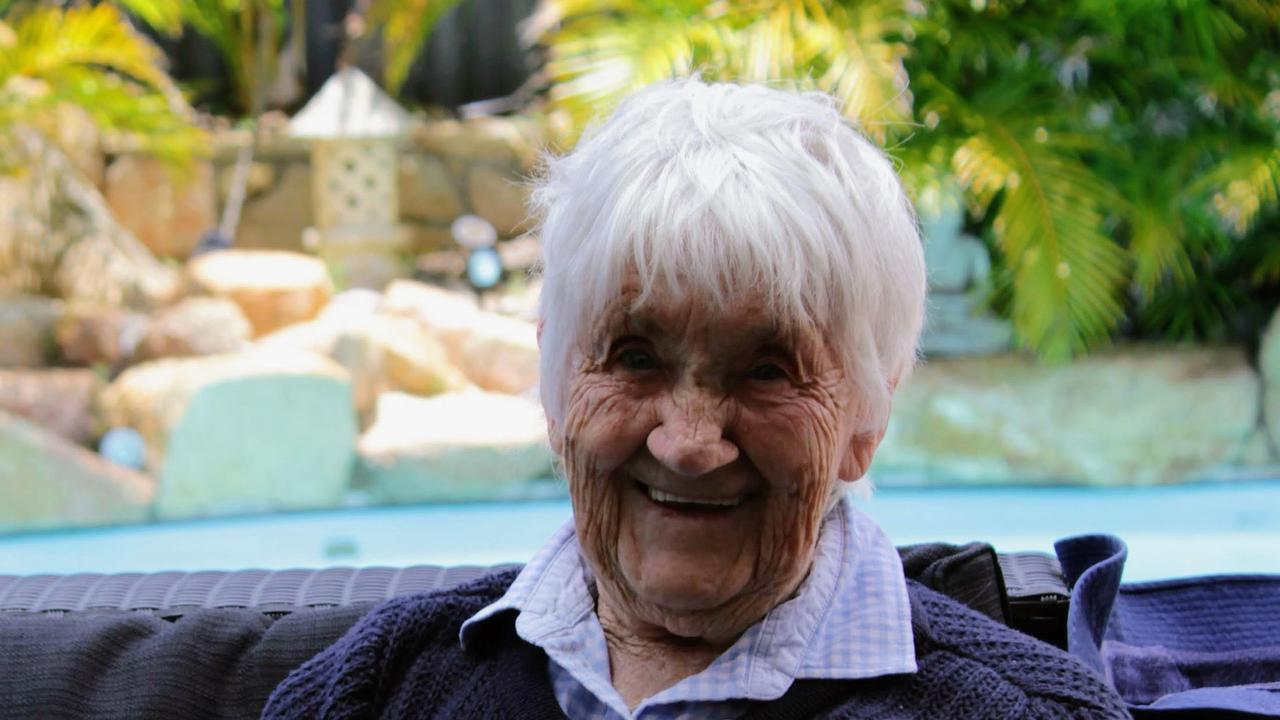Natalie Haynes: Oedipus not complex, but avoid literary wrecks
The classics are still meaningful, author Natalie Haynes says.

Natalie Haynes is a formidable author. She’s a scholar of the ancient world, having studied the classics at Cambridge University. She has tapped this knowledge to write a novel that recasts the Greek myth centred on the incestuous, murderous relationship between Oedipus and Jocasta.
Take Oedipus. What irritates Haynes most about the Theban king is not that he killed his father, married his own mum and sired children with her. It’s that we tend to call him Oedipus Rex, not Oedipus Tyrannus, as Greek dramatist Sophocles did.
“He’s not Roman and he’s not a dinosaur!’’ says Haynes, on her first visit to Australia for the Sydney Writers Festival. “I can’t see those words without seeing him with tiny arms and thinking of Jurassic Park.’’
Birmingham-born Haynes, 42, is a former stand-up comedian, so she sees the funny side of her serious attachment to 2500-year-old stories.
Haynes also admits her CV peters out with the fall of Rome, which was a long time ago. “Don’t tell me what happens at the end of Wolf Hall!’’ she implores of Hilary Mantel’s Tudor England novel. “I honestly think she will get off.’’ (She means Anne Boleyn, who was executed by husband Henry VIII).
Haynes’s novel, The Children of Jocasta, is dark and violent and, while it is based on a myth, the author thinks it has relevance today. She sees claustrophobic governments and dangerous outside forces. As with two other recent Greek myth-based novels, Colm Toibin’s House of Names and David Vann’s Bright Air Black, Haynes brings women out from behind the shadows of kings and warriors. Her main characters are Jocasta and daughter Ismene.
“Greek writing is full of extraordinary women, but 18th and 19th-century scholarship was male, pale and stale,’’ she says. “It has always bothered me that we’re constantly told Oedipus was so clever — he solved the Sphinx’s riddle — but we’re not told that Jocasta worked everything out long before he did. Where did we miss the bit where she is the smartest person in the room?” I wanted to write about that.’’
Haynes has been in Sydney since the weekend and on Sunday ran in a half-marathon. She was so sore afterwards, “I half-wished I was dead for the rest of the day.”
Here the history lesson turns. Didn’t the original marathon runner, Greek soldier Pheidippides, collapse and become fully dead after delivering his message about the Persians being routed? “Oh, yes, he did, quite right,’’ Haynes says with a laugh.



